The humble T-shirt, a wardrobe staple for many, has a journey that spans continents, industries, and lifetimes.

The humble T-shirt, a wardrobe staple for many, has a journey that spans continents, industries, and lifetimes.
From its inception as raw materials sourced from farms or manufacturers to its potential reincarnation through recycling, the life cycle of a T-shirt is a complex and multifaceted process. Join us as we take a closer look at each stage of this journey, from birth to rebirth, and explore its impact on our environment.
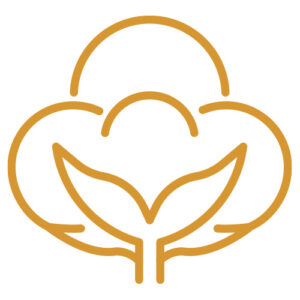
Before a T-shirt even begins to take shape, its journey starts with sourcing raw materials. Whether it’s cotton from vast farms or synthetic fibers like polyester from manufacturers, the materials undergo various processes before they are ready for the next step. Additionally, dyes and chemicals are acquired for coloration and processing, adding another layer to the material’s journey.

Raw materials are sourced and transformed into fabric through weaving or knitting. Fabric treatment, dyeing, and finishing further enhance the material, ensuring it meets the desired quality and aesthetic standards for garment manufacturing.
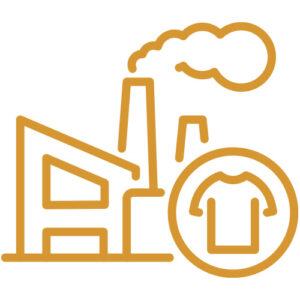
New fabric is cut into T-shirt pieces and then meticulously sewn together. Details like labels and tags are then added. This stage requires skilled labor and attention to detail to ensure that each T-shirt meets the standards the manufacturer sets.
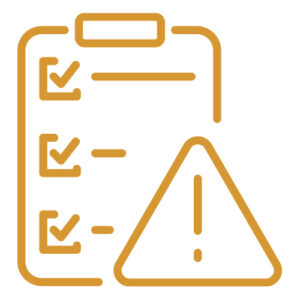
Before T-shirts make their way to consumers, they undergo rigorous quality control inspections to identify and rectify any defects or imperfections. This stage ensures that only the highest quality products reach the market.
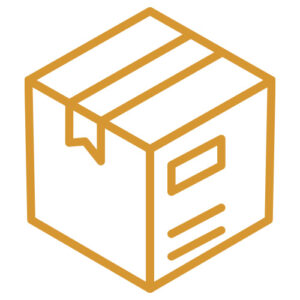
Once quality control checks are complete, T-shirts are packaged and prepared for distribution. They are then shipped to retail stores or directly to customers, ready to be worn and enjoyed.

At this stage, T-shirts fulfill their primary purpose – being worn and used by consumers. Whether worn casually or as part of a fashion statement, T-shirts have become integral to everyday life for many.
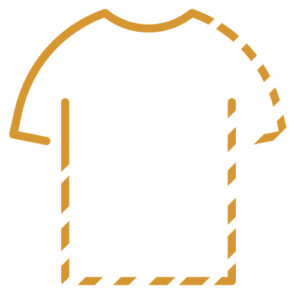
Unfortunately, the journey of a T-shirt doesn’t end once it’s discarded. T-shirts may follow various paths depending on the choices made by consumers and manufacturers. Some end up in landfills, contributing to textile waste, while others are recycled or donated to charities or thrift stores for reuse. Creative individuals may also upcycle T-shirts into fashionable clothing again, giving them a new lease on life.
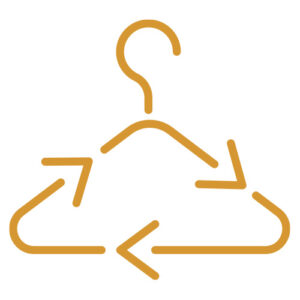
For recycled T-shirts, the process begins with sorting, shredding, and turning the fabric back into fibers. These fibers create new textiles or products, including new T-shirts, insulation, etc. Companies like Monarch Brands buy recycled material and resell it as rags and wipers for industrial use.
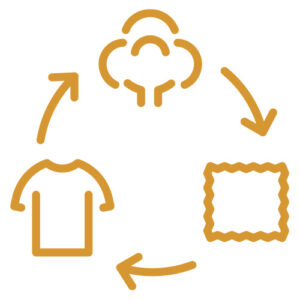
In an ideal world, T-shirts would be recycled and reused continuously, creating a circular economy that minimizes waste and reduces environmental impact. Promoting recycling and sustainable practices within the textile industry is crucial in achieving this goal. Monarch Brands offers a number of reclaimed T-shirt rags in our effort to complete the “circle”.
Reclaimed Rags are available in pre-consumer waste rags from new mill ends, and post-consumer waste rags like pre-worn, old clothes. B2B Janitorial Supplies procurement lists almost always include reclaimed rags.
Unused fabric (scraps) from factory production runs of brand new T-shirts are turned into wiping products. Each type of T-shirt Rag is preferred by specific companies and industries for their unique usage.
New Premium Quality White T-shirt Material
New Washed White T-shirt Material
Post-Consumer Waste T-shirt Wipers
Various size cuts from recycled or “Pre-loved” T-shirts.
T-shirt Material
Of all the iconic fashion items ever designed, the many lives of a T-shirt are far more complicated than meets the eye, from sourcing raw materials to its eventual end-of-life management. Monarch Brands is proud to embrace the circular economy and serve companies and industries with quality reclaimed textiles.
Contact Monarch Brands for reclaimed and pre-consumer T-shirt wipers or any of the other reclaimed fabric rags we offer.